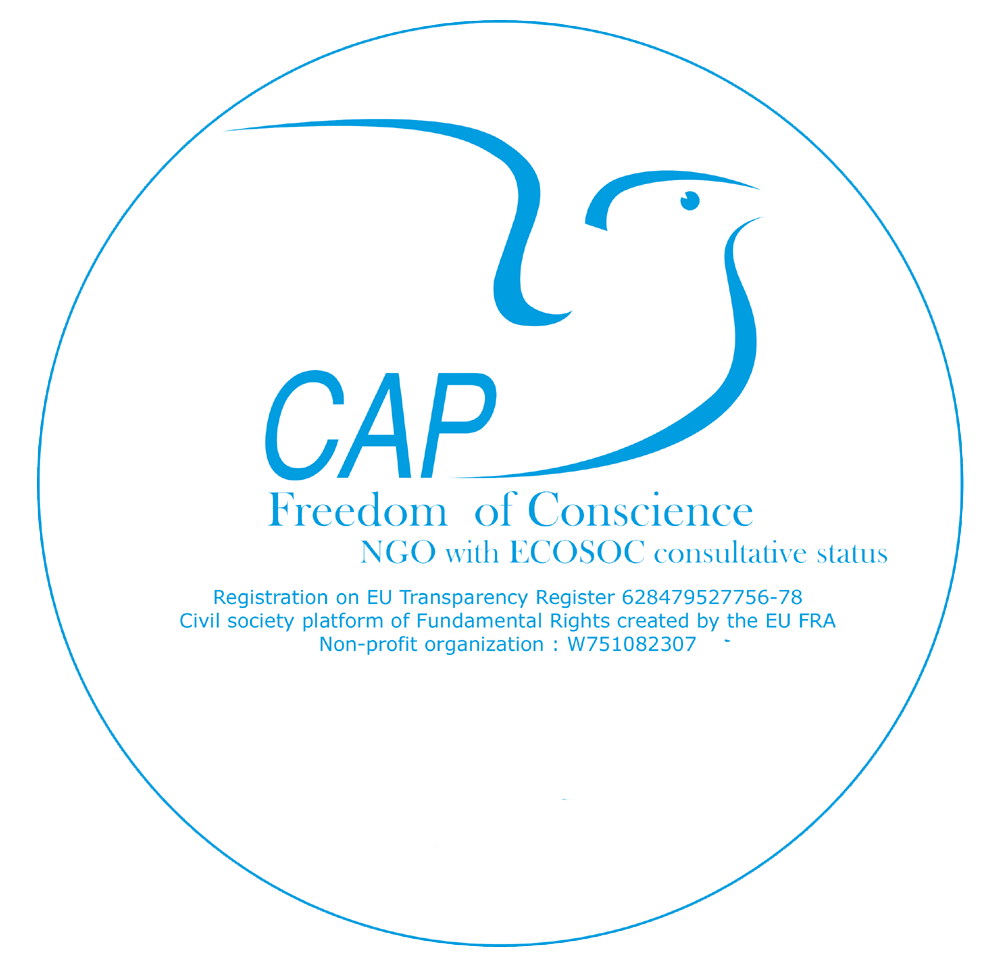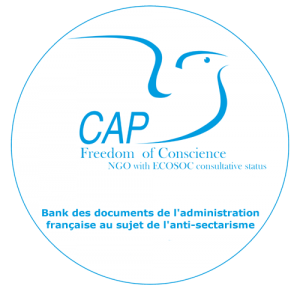Bangladesh has witnessed a surge in violence and unrest targeting minority groups amidst political changes following the ousting of Prime Minister Sheikh Hasina. This concerning situation has sparked worries among human rights organizations and religious leaders about the deteriorating state of freedom and minority rights in the nation.
The Hindu community, a minority group in Bangladesh has been significantly affected by these incidents. Incidents have shown an increase in attacks against Hindus with temples, residences and businesses being deliberately targeted for destruction. The United States Commission on International Religious Freedom (USCIRF) has expressed concerns over the escalating violence shedding light on a standing history of discrimination and persecution against minorities in Bangladesh.
A distressing event unfolded in the Narail district where a large group vandalized Hindu properties and temples based on allegations of blasphemy circulating in the media. This incident underscores the prevailing tensions within the country and how misinformation can easily fuel behaviors.
Despite their numbers the Christian community has also faced a rise, in targeted attacks recently. Open Doors, an NGO dedicated to supporting persecuted Christians has documented instances of violence directed at Christians across regions of Bangladesh.
In one instance a Catholic aid organization was attacked, highlighting the vulnerability of groups providing assistance in the region.
The Ahmadiyya Muslim community, a minority sect that faces persecution, in nations has also experienced a rise in hostility. Reports from CAP Freedom of Conscience have detailed incidents of violence and property damage targeting Ahmadi mosques and homes. These acts not endanger the safety of Ahmadis but also hinder their ability to practice their faith freely.
The recent increase in violence is deeply rooted in dynamics. The departure of Sheikh Hasinas government known for its stance on the issue has created a power gap that extremist groups appear to be exploiting. Political uncertainty and economic challenges have strained relations among communities.
Advocates for rights argue that attacks on minority groups are not events but rather part of a larger pattern of prejudice and exclusion. Sultana Kamal, a human rights activist in Bangladesh has observed that these assaults reveal biases and the government’s failure to protect its minority population adequately.
The government’s response to the crisis has been met with reviews. While officials have condemned the violence and vowed to hold those accountable critics argue that these commitments lack follow through.
Law enforcement agencies have come under fire for their delayed responses to attacks. In some cases their alleged involvement, in the violence. There is growing attention towards addressing this crisis.
The United Nations High Commissioner, for Human Rights has called on the government of Bangladesh to protect minorities and ensure their well-being. The European Union and several Western nations have also expressed concerns urging Bangladeshi authorities to uphold the rights of all citizens of their beliefs.
Additionally this crisis has highlighted the role of media in exacerbating tensions. The spread of misinformation and provocative content online often leads to real world violence. Both tech companies and Bangladeshi officials are facing increasing demands to address this issue and implement strategies to combat hate speech and misinformation dissemination.
Leaders from communities have come together to promote peace and unity. Representatives from Hindu, Christian and Muslim organizations have issued a statement urging their followers to embrace peace and work towards harmony among faiths. However their efforts are sometimes overshadowed by factions seeking to sow discord. The impact of the violence, on minority communities has been profound.
Many people have had to leave their homes in search of safety either within their country or, by crossing the borders into neighboring India. This displacement not disrupts their lives. Also poses a threat to the cultural fabric of the affected regions.
The access to education and economic opportunities for minority groups has been impacted well. Reports suggest that many Hindu and Christian students are avoiding schools due to safety concerns while businesses owned by minorities have suffered losses from acts of vandalism and boycotts.
The ongoing crisis in Bangladesh serves as a reminder of the fragility of freedom and minority rights in different parts of the world. It underscores the need for measures effective law enforcement mechanisms and a steadfast commitment to diversity and tolerance across all levels of society
As Bangladesh navigates through these challenges the global community watches closely. The countries ability to protect its minority populations and uphold the principles of secularism outlined in its constitution will be a test of its values and dedication to rights.
The road ahead is uncertain. Addressing root causes of intolerance and fostering an inclusive society will require sustained collaboration, among government entities, civil society organizations and religious leaders.
By working Bangladesh can work towards maintaining its principles of fairness and respect for all faiths. The ongoing crisis has captured the worlds interest as it looks to Bangladesh for a solution and the reinstatement of harmony, among its communities. The next few months will be crucial, in deciding if the country can turn the tide of violence and create a future where people of all beliefs can live peacefully and securely together.





